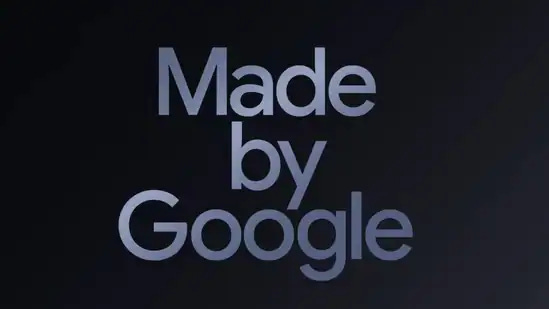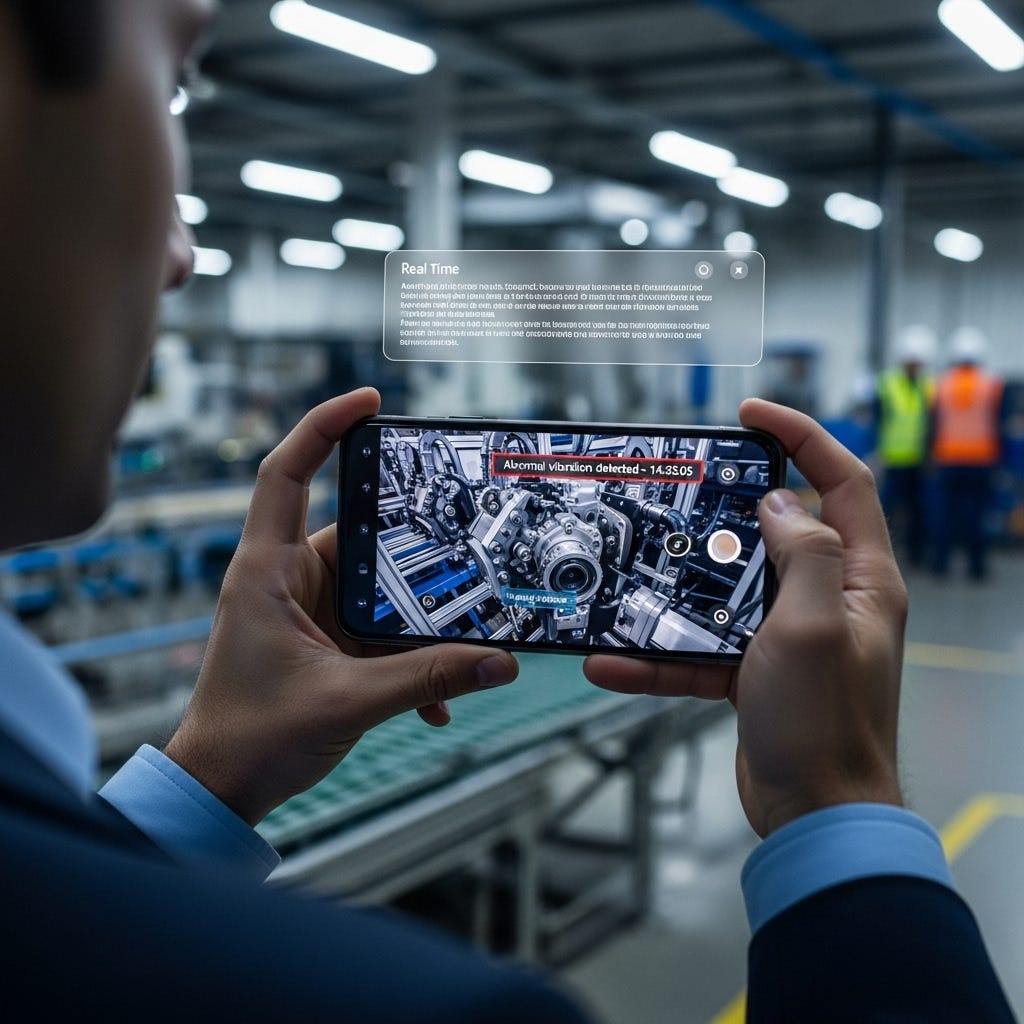The day Google made the iPhone feel old
The first phone launch in years that felt like a work upgrade, not a gadget demo
About halfway through the "Made by Google" event today, I had the oddest reaction for a phone launch: I leaned in. This did not feel like a polished video reel or an annual spec bump. It felt like a company putting the assistant at the center of the device, not the other way around. Call it a turning point, or call it what it was: the single best phone launch event I have seen in years.
Let's start with the headline act, the Pixel 10 Pro. New silicon, new charging, new camera headroom, and a lot of AI that actually lives on the device. The latest Tensor chip paired with Gemini on-device shifts the vibe from "ask a bot" to "this phone just helps." Contextual prompts pop up when you need them, like surfacing flight details while you are on hold with the airline, which is precisely the sort of small win that compounds over a workweek. The hardware story is practical: Qi2 magnetic charging for easy docks on desks and nightstands, and a pro-grade camera system that pushes zoom to a ridiculous number, which I will still try, because boardroom photos rarely happen from the front row. Multi-year software and security updates round it out in a way that builds trust.
If you run a business on an iPhone, you probably felt a twinge watching the demos. I did. Siri has stalled. Apple Intelligence is promising, and parts of it are very good, but day-to-day, it still feels like a feature you have to find, not a partner that meets you where you are. Pixel 10 Pro flips that. I could see myself saying, "summarize the last three emails from the client and draft a reply that proposes two options," then handing the draft to my brain instead of the other way around. It is not magic. It is a responsive design for work.
Photos and video, the areas where Google has kept pressing for years, took another step. The point is not just prettier pictures. It is the ability to capture and share decisions. Picture this: you are walking through a facility, snap a quick video of a machine fault, the phone stabilizes and cleans the audio, and you ask for a transcribed clip with key timestamps to send to the maintenance lead. That saves a meeting. The Pro models standardize on serious optics and extend the AI camera features, so the "did you get the shot" anxiety decreases while your documentation quality improves.
The watch matters more than most people admit, and Google knows it. The updated Pixel Watch adds a brighter domed display, stronger battery life, and a few grown-up features that make it feel dependable on a travel day. What caught my eye was the interaction model: raise your wrist, ask Gemini, keep walking. No dance, no hunting through apps. I am a sucker for friction that disappears, especially when moving between gates B12 and B28 with a backpack and a coffee.
And then the thing that may end up bigger than the phone: Gemini for Home. Google is not just shipping another smart speaker trick. They are sliding a new assistant into the house that understands context, handles multi-step requests, and starts to take over many Assistant duties on Nest speakers and displays. Same wake phrase, very different brain. If you have ever tried to set up a family plan, manage shared shopping lists, coordinate a teenager's practice schedule, and still get a quiet kitchen timer without shouting, you know why this matters. It ties the living room, the kitchen, and the phones in everyone's pockets into something that feels coordinated.
Why am I so confident this will pull iPhone users across the line, especially the unhappy Siri crowd? Because switching happens when the daily grind gets lighter, not when a keynote looks shiny. Real-time translation that works in loud places. Summaries that do not garble your client's details. A watch that answers fast and a phone that anticipates without being creepy. None of that feels like a science project anymore. It is shipping into a coherent family: phone, watch, buds, and a home assistant that speaks the same language. If you lead a team, this is the first Android suite in a long while that feels ready for executive workflows, not just tech-enthusiast weekends.
There are broader implications. Mobile market share is not influenced by social debates. It moves when a few million professionals replace the device they use for notes, travel, and quick reviews of contracts at 11:07 p.m. The Pixel 10 Pro does not just promise speed, it promises calmer handoffs: snap to a video call on a desk magnet, share a clean screen recording with a one-line summary, hand off directions to the watch, pick up the same thread in the kitchen with Gemini for Home. That is not a feature checklist. It is time back.
If you are a CIO, COO, or managing partner, do one simple thing: put two Pixel 10 Pros and two updated Pixel Watches in a pilot for thirty days with your most honest power users. Ask them to live with it, no special treatment, and track only two metrics: meetings avoided and minutes saved. If the numbers are meaningful, scale it. If not, send them back. My bet is you will keep them.
So yes, today felt like Google put distance on Apple, not by dunking on hardware, but by shipping an assistant that finally earns the word. I am not declaring the end of anything. I am saying the future of mobile work got a very specific shape today, and it looks a lot like a Pixel.



